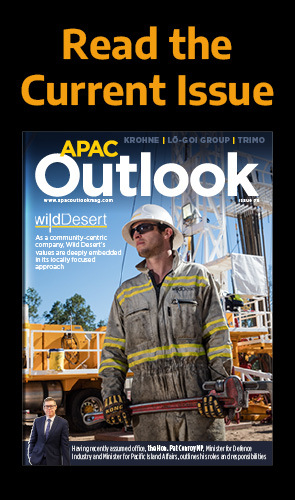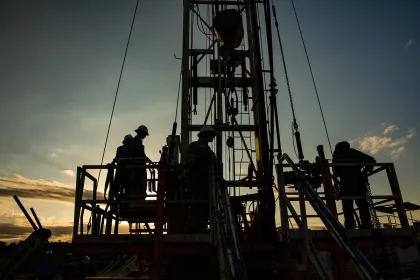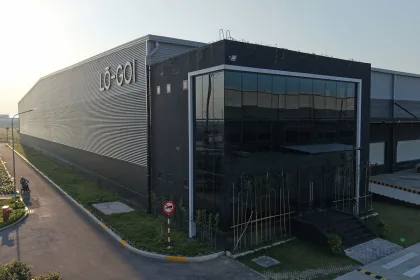Hong Kong, Beijing, Shanghai and Wuhan face many water sustainability challenges and rank low on Arcadis’ inaugural Sustainable Cities Water Index. These cities are just a few of the Asian cities that face a tough future to meet climate targets.
The Index, developed by Arcadis in partnership with the Centre for Economics and Business Research (CEBR), explores the three aspects that make up robust, effective and healthy waterscapes to develop an indicative ranking of 50 leading cities. The report finds that most cities, especially in Asia, need greater investment in their ability to withstand natural disasters and drinking water shortages, with climate adaptation and resiliency being the most pressing issues for future city leaders.
The four cities studied in China rank in the bottom half overall – Hong Kong (No. 30), Beijing (No. 31), Shanghai (No. 35), Wuhan (No. 40) – and underperform especially in the quality and efficiency sub-indices. Beijing ranks higher in resiliency (No. 16) due to more green space and reserve water.
John Batten, Global Director of Cities and Water, Arcadis, commented: “Great cities are defined and supported by the water around them. As water demand rises, aquifers are depleted and the threat of extreme weather becomes increasingly real. This means cities face the risk of being overburdened with too much water or stressed without enough. This report highlights areas of opportunity to inform decision-making around how they use and manage water. Cities which carefully and creatively use water assets and improve resiliency will ultimately be more liveable, safe and competitive.”
Despite ranking lowest among these four, Wuhan is working hard to deal with water stress, water balance and reserve water. Flooding has been reduced with high levees and the Three Gorges Dam, but the city is still vulnerable due to heavy rainfall. Extensive building has put a stress on water retention capacity, as green areas became urbanised and the drainage system has become overwhelmed. Among other measures, Wuhan is a pilot city for the Government’s ‘Sponge City’ programme, established to combat flooding in Chinese cities due to rapid urbanisation. With support from Arcadis, Wuhan is developing solutions and green spaces to absorb storm water, making the city more permeable and resilient to climate change, and will serve as an example to other Chinese cities.
WenMei Ha, Head of China Water Management, Arcadis, added:“Despite the challenges in China, the government is taking measures to develop long-term solutions in partnership with the private sector based on key cities’ needs. We are very excited to be part of the Government’s pioneering Sponge City programme in Wuhan. Blending green infrastructure with other flood control measures, the new solutions will help improve Wuhan’s water sustainability and serve as a model for other Chinese cities struggling with water issues due to urbanisation and climate change.”
The majority of Asian cities studied face challenges in water sustainability, with nine out of twelve ranked in the bottom half of 50 cities. The four developing economy cities of Jakarta, Manila, Mumbai and New Delhi finish last in the overall ranking, struggling with quality and efficiency especially. Singapore, Seoul and Tokyo rank highest at No. 22, 23 and 25 respectively.
| Country | Asia Ranking | Global Ranking |
| Singapore | 1 | 22 |
| Seoul | 2 | 23 |
| Tokyo | 3 | 25 |
| Hong Kong | 4 | 30 |
| Beijing | 5 | 31 |
| Shanghai | 6 | 35 |
| Kuala Lumpur | 7 | 37 |
| Wuhan | 8 | 40 |
| Jakarta | 9 | 47 |
| Manila | 10 | 48 |
| Mumbai | 11 | 49 |
| New Delhi | 12 | 50 |





































